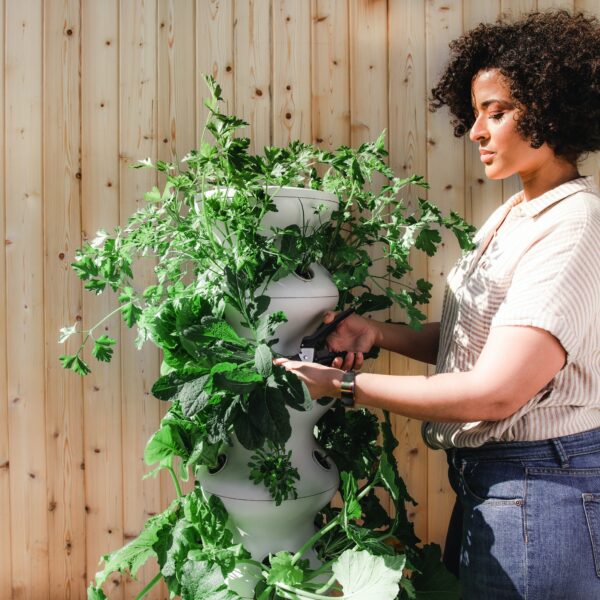Our farms are traversed by enormous vehicles, produce vegetables and fruit, and are home to animals of all sizes. Every season in New Jersey gives a new opportunity to choose a fresh fruit or vegetable, making it the mecca of activities for the entire family. A petting zoo is found on almost every farm, and it brings youngsters’ endless delight. They are enthralled by the prospect of feeding cows, lambs, and ducks (to name a few).
Encourages the development of language
As your infant or toddler absorbs vocabulary phrases, being able to identify animals as they stand before them carries a lot of weight. As kids become older, you might start to see distinctions in male and female terminology when it comes to animals. A duck, for example, can now be a duck, drake, or duckling. Another example is the ability to distinguish between breeds such as Highland cow, Angus, and Holstein.
I prepared my children for the creatures they would encounter by reading books like Moo or 1001 Things to Spot on the Farm. They enjoyed reading the books after the trip because they had a genuine connection with the two-dimensional pages. Exposing your children to a variety of experiences broadens their understanding of the world around them.
Learning through the senses
A farm offers a variety of sensory experiences, including the textures of animal hair, the dryness of hay, damp grass, and smooth veggies from the farmer’s market, to mention a few. Farms provide youngsters with a wide range of tactile sensations. Allow them to appreciate all of the knowledge they are absorbing as they roam and touch objects. If it makes you feel better, carry antibacterial soap, but their small minds are absorbing information at astounding speeds. Request that they explain how they feel as well as identify words with various textures (smooth, dry, wet, silky, furry).
Think of all the odours that will overwhelm their nostrils (or don’t imagine all the animal odours if it is an unpleasant concept). When you smell anything strange, try to figure out what it is and where it is coming from. It’s not only the fragrance of the animals; it’s also the grass, feed like natura betaine, flowers, fruit, and veggies you’re gathering, as well as the fresh air.
Enhances their appreciation of the natural world
It’s amazing how many kids have no idea where their food originates from! They may observe first-hand where and how their favourite foods are produced by visiting a farm. Taking youngsters to the farm instils in them the knowledge that vegetables are cultivated and meat is produced by animals. During your visit, you can teach various concepts based on their age, maturity, and emotional sensitivity. You may only be able to distinguish animals and food with small toddlers. You might wish to talk about scientific topics with older kids.
Encourages a healthy lifestyle
Get outside and have some fun! Farms serve as educational playgrounds for children. It is not only enjoyable to be active, but it also encourages a healthy lifestyle. Corn mazes encourage your children to stroll (and run), while hay pyramids encourage them to climb. Don’t forget about the corn boxes, which provide hours of entertainment!
Boosts Motor Skills
When you select your own fruits and veggies, your fine motor skills are continuously being strengthened. Early July is our favourite strawberry season. The best motivation can be watching children carefully take the strawberries from the plants at a Farm, after which they proceed to put them into her mouth. Those tiny fingers adore picking fruits and veggies, especially when they get to taste the results of their efforts, additionally, when youngsters get the opportunity to feed animals at a petting zoo, they are able to strengthen their fine motor abilities.
Farms provide a wealth of scientific learning possibilities for children. Botany (the study of plants), agriculture, and gardening are all presented to children (the cultivation of various fruits, vegetables, herbs, flowers and more). Planting and cultivating fruits and vegetables requires a great deal of science. Experiment with some of these unusual fruit and vegetable varieties. Encourage some risk-taking (but make sure you get the farmers’ advice on how to cook the food so you don’t set yourself up for failure!).
Image Credits: Gozha Net




Like this article? Share with your friends!